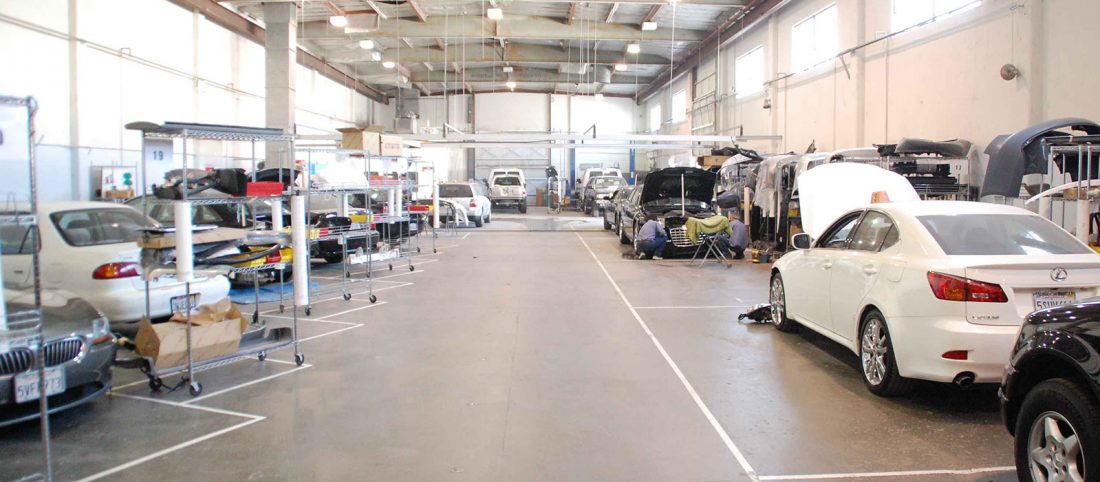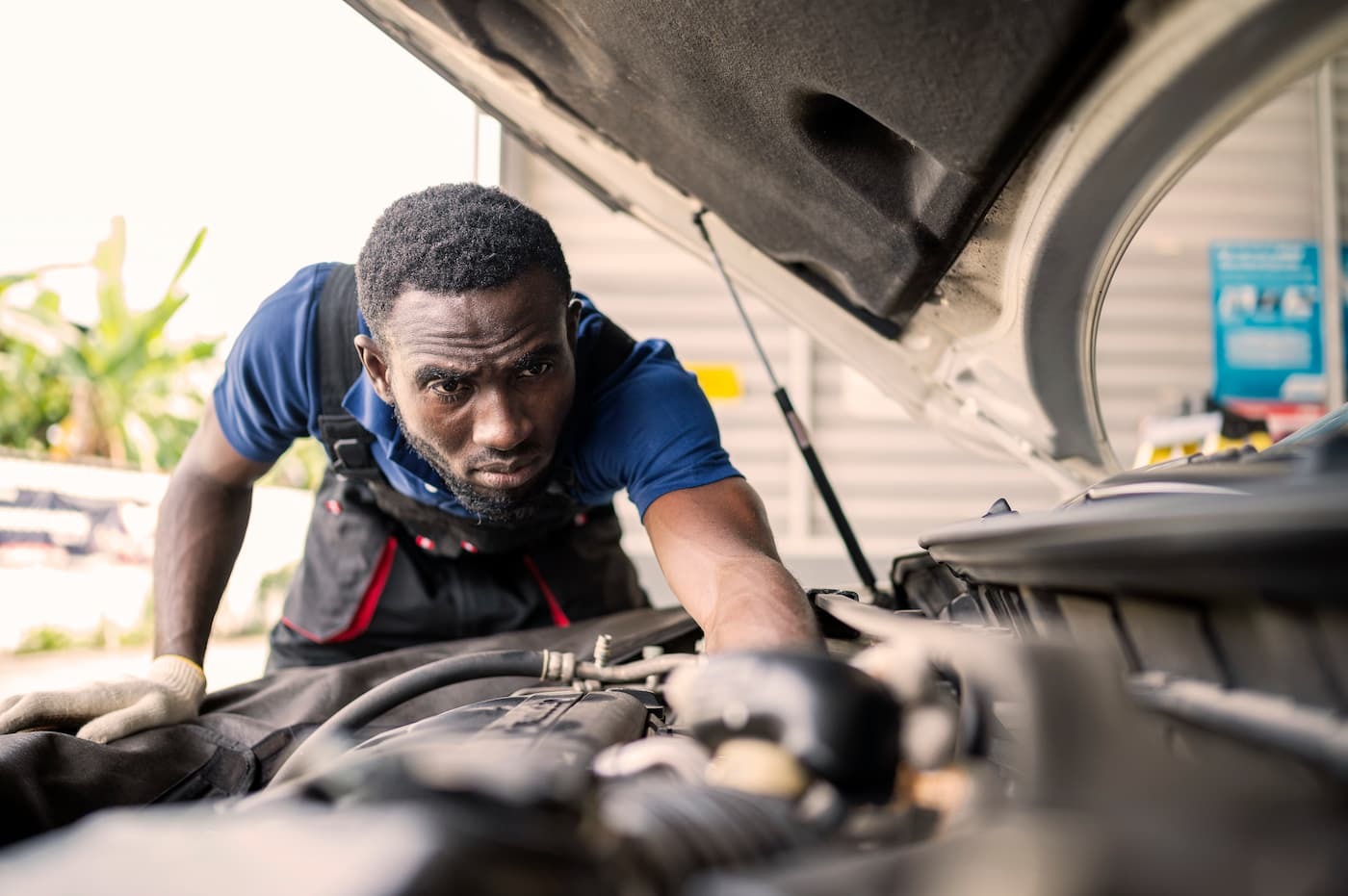All Categories
Featured
Your vehicle's brakes are just one of the most essential elements in ensuring your security and the safety of others when driving. Regular brake assessments are vital to maintaining ideal braking performance and staying clear of expensive repairs. Whether you're a skilled automobile proprietor or a new vehicle driver, recognizing brake evaluation standards can help you remain aggressive concerning maintenance and ensure your car is always roadworthy.
- Why Brake Inspections Issue. Brakes go through constant deterioration. The even more you drive, the more friction your brake pads withstand, ultimately causing reduced stopping performance. Without appropriate assessment, it's challenging to evaluate when your brakes could be in need of repair. Regular brake checks help determine concerns at an early stage, preventing possible failures that can put you at threat.
A properly maintained brake system makes certain fast, responsive stopping power, especially in emergency situations. It likewise aids extend the life of your lorry, as overlooking brake maintenance can lead to more severe, pricey problems later on.
- Signs You Need a Brake Examination. While it's important to have your brakes checked periodically, particular indications might suggest that they need interest. Watch (and ear) out for these caution signals:
Squealing or Grinding Noises: Uncommon sounds, particularly a shrill screech or grinding sound, often indicate that your brake pads are worn down. Resonance or Pulsation: If you feel resonances or a pulsing feeling when pressing the brake pedal, it could be a sign of warped blades or uneven brake pad wear. Reduced Brake Responsiveness: If your brakes really feel much less receptive or you have to push the pedal harder to reduce, it might show air in the brake lines or reduced brake fluid. Pulling away: If your car pulls away when stopping, it can imply unequal brake pad wear or a brake fluid leak. Control Panel Caution Lights: Some autos have brake-related warning lights that show concerns like low brake fluid or used brake elements. If you discover any one of these symptoms, it's essential to have a professional mechanic do a brake assessment asap.

- What Takes place Throughout a Brake Examination? During a brake examination, a technician will certainly examine several crucial parts of the stopping system to guarantee every little thing is in working order. Below's what you can anticipate during the procedure:
Brake Pads and Shoes: The technician will certainly inspect the thickness of the brake pads or footwear. If they're too slim, they'll require to be replaced. Brake Rotors: Blades are the discs that the brake pads press against to slow your auto down. They'll be checked for any type of indicators of wear, racking up, or bending. Brake Liquid: Low or contaminated brake fluid can hinder stopping performance. The professional will inspect the fluid level and top quality and top it up or flush it if required. Brake Lines and Tubes: Brake lines lug fluid from the master cylinder to the brakes. The mechanic will certainly check for any type of leaks, splits, or damage to guarantee appropriate liquid flow. Brake Calipers and Wheel Cylinders: Calipers and wheel cyndrical tubes push the brake pads against the blades or drums. The technician will certainly look for wear, leakages, and appropriate procedure. 4. Exactly how Usually Should You Have Your Brakes Evaluated? The regularity of brake examinations relies on aspects like your driving practices, the sort of automobile you drive, and the environment in which you drive. As a basic guideline, it's a great concept to have your brakes evaluated every 12,000 miles or yearly. However, if you experience any one of the indication mentioned earlier, it is necessary to obtain your brakes inspected quickly.
For those that regularly drive in hefty traffic, mountainous terrain, or rough climate condition, even more constant inspections might be needed.
- Significance of Timely Brake Repair Works. When you identify an issue with your brakes, it's necessary to address it as soon as possible. Postponing brake fixings can bring about even more substantial damage to your braking system, resulting in higher repair work prices. In severe situations, disregarding brake problems can result in complete brake failing, which is a major safety risk.
By remaining on top of brake maintenance and attending to issues quickly, you make certain that your brakes continue to do as meant, keeping you and your passengers safe when traveling.
Final Thought: Maintain Your Brakes in Leading Forming. Brake evaluations are a straightforward yet essential component of automobile upkeep. By understanding the significance of normal evaluations, recognizing the indications of brake concerns, and staying proactive with fixings, you can guarantee your car's braking system stays in optimal problem. Normal brake checks give peace of mind, knowing that your vehicle prepares to respond when you need it most. Prioritize brake maintenance-- your safety and security depends on it.
Latest Posts
Take Advantage of Limited-Time Auto Repair Deals in Chicago at Montclare Auto Repair
Improve Your Home's Outside with Weathercraft's Siding Solutions
Unlock Your Financial Partner at WyHy – Key Advantages for Your Financial Success
More
Latest Posts
Take Advantage of Limited-Time Auto Repair Deals in Chicago at Montclare Auto Repair
Improve Your Home's Outside with Weathercraft's Siding Solutions
Unlock Your Financial Partner at WyHy – Key Advantages for Your Financial Success
